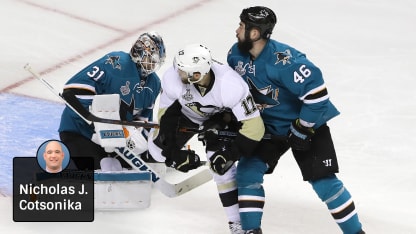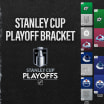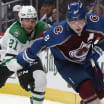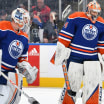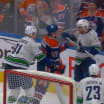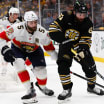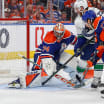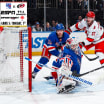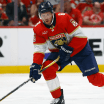SAN JOSE --The Pittsburgh Penguins established their competitive advantage from the drop of the puck in Game 1 of the Stanley Cup Final. Their edge is speed and they outskated the San Jose Sharks so badly in the first 20 minutes, moving the puck ahead, winning races, flying by Shark-shaped pylons, that they made it clear this would be an issue for the rest of the series.
But the Sharks established their style little by little during the first three games. The question heading into Game 4 at SAP Center on Monday (8 p.m. ET; NBC, CBC, TVA Sports) is whether they can keep doing it. They trail the best-of-7 series 2-1.
Sharks aim to set physical tone in Game 4
Trailing 2-1 in best-of-7 Cup Final, San Jose looks to counter Pittsburgh's speed with hard, heavy style
